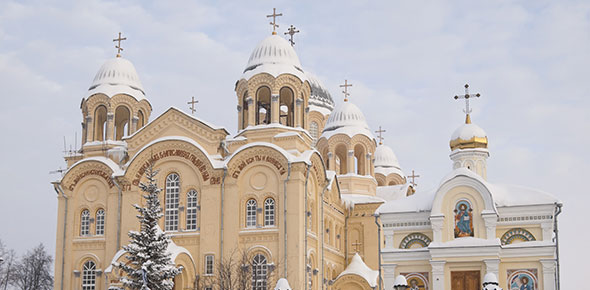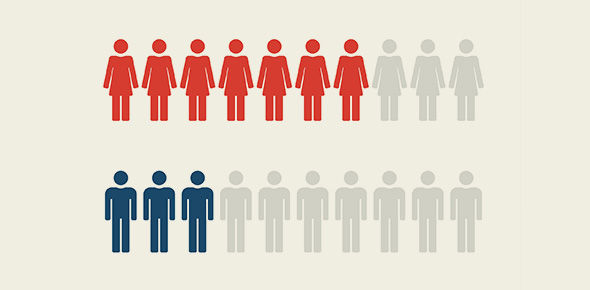Related Flashcards
Related Topics
Cards In This Set
| Front | Back |
|
In what year was the mainstream definition used up too.
|
1995
|
|
What was the problem with the past model of social policy
|
It only looked into the economical welfare
|
|
What are the four main assumptions in the mainstream definition?
|
- 1. The government has responsibility to meet the
needs of the less of the fortunate members of society (trying to help the poor
rather than the rich people [responsibility to the poor])
- 2. The state has the right to intervene in areas in
individual freedoms and economic liberty (we think we are free but, the state
does place limits on us)
- 3. If the social institutions fails to fulfill the
obligations there is a need for governmental / public intervention
4. Public policies create social impacts (health
care) and this becomes the moral obligations that allow the governments to take
actions
|
|
What is the " for" debate on the issue of housing?
|
People don't really can't do anything for what they did. These poor people really couldn't do anything since they may have experienced abuse or are mentally ill.
|
|
What is "against" debate on housing?
|
The are poor since they choose to be
|
|
What are five of the eleven issues on mainstream definition?
|
-
Housing
-
Social Welfare
-
Environmental Protection/ clean up
-
Poverty Alleviation (a huge portion of the
planet is living in poverty) [The market creates poverty]
-
Child Welfare (what does the government do to
educate people in treating children)
-
Human Rights (control of the total control of
the population [to what degree can the government intervene])
-
Health (should there be a health care system)
-
Culture preservation (should we protect the
first nations cultures)
-
Education
-
Economic Growth (government does not really care
of this [capital dictatorship])
-
Humanitarian assistance (decide on what you want
to do and go with it)
|
|
Are
the above definition is not enough. Why is this?
|
-
It assumes that the government is the only
entity is social policy
-
Believes that the government is responsible to
fix all common problems and such
-
THESE ASSUMPTIONS ARE OFTEN BINDING
-
This definition was good in 1995 and it can not
be used now
|
|
Social
Policy is enacted by what two components?
|
Business
and civil society
|
|
1)
How does business impact social policy
|
-
Through advertising
·
The purpose of advertising is to change the
feelings, wants, and opinions of society
·
Influences society to create a social policy
·
Ad campaigns try to make us change the idea of
the world [governments do this as well by influencing us to eat healthy]
·
Corporate Social Responsibility and charity
programs
|
|
How
does civil society impact social policy
|
-
Individuals (People do social policies and such
and they end up – Bill Gates at the foundation in Africa helping children)
-
Social Movements (Occupy Movements)
-
Non- Government Organizations (Amnesty)
Community Organizations (in Toronto and Oshawa)
[non-governmental but they are funded by the government]
|
|
What
is another issue with mainstream social policy
|
-
All policy is social policy
o
Only mainly has to do with welfare, health, and
education.
o
The economy is socially constructed field where
people interact socially
o
Defense policies is predicted on social
categories and fears and has serious consequences (its categorized in certain
ways but whose point of view is everything based on)
-
Policy takes the place in and between social
institutions (market, government, health care, culture)
o
Always has to do with the institutions
-
Policy must be understood in relation to the
social interactions of people
o
Everyone must know and understand what’s going
on to make a policy effective.
-
All policy has social causes and consequences
Everything has consequences
|
|
What
is the new definition of social policy?
|
-
A plan of action implemented by government,
business, and civil society for the purpose of influencing the society or
changing “the way things are”
It involves things like healthcare, welfare,
education, economy, politics, culture
|
|
What
is the history of liberalism?
|
-
A Western/ Europe idea
-
Emerged in the middle ages (500-1500 AD)
-
This is when it started
-
Fully formed in 1800’s
-
Biggest impacted in the idea for guiding policy
-
BASED ON WESTERN CULTURE
-
There is a new meaning for liberal now
-
Slowed down in 476 Western Europe
-
Continued into the Eastern Europe until the 15th
century
CHRISTIAN EMPIRE
|
|
What
is the feudal system?
|
-
After the fall of the Roman Empire
-
Most seen in the Western Europe
-
Authoritatrian based
-
Based on lineage (born royal)
-
Based on a heiarchy
-
Everything is justified by using religion as an
excuse
-
You must inherit the position
-
No elections were held
-
The king is the ultimate law
-
Used church as an example
When people ask why someone was in charge, we
blame it on god and say that god made me rule this land
|
|
What would the lords do?
|
-
The king will give out his land to the noblemen
to govern.
Ultimately it’s the kings land but the lords use
it to control others and have the poor work for them
|





